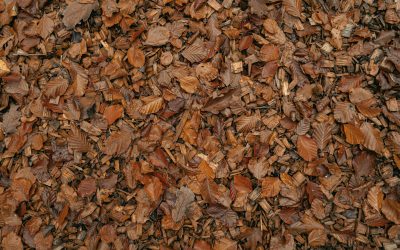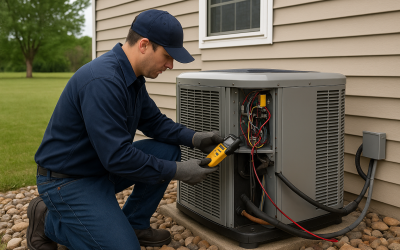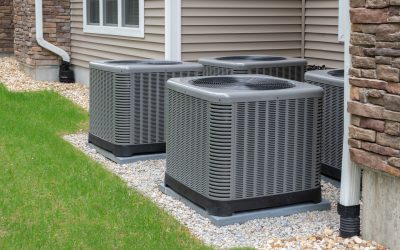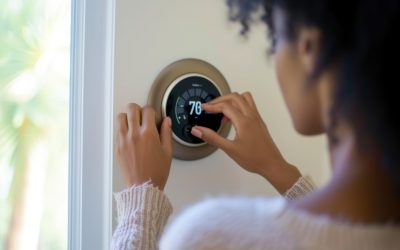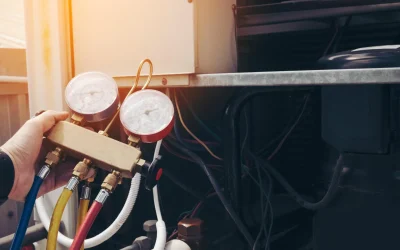Many central air conditioning systems have a condensate drain line. You must keep this line clean and in good condition to keep your air conditioning system functioning properly. A drain line that doesn’t work properly can cause your air conditioner to work less efficiently or even stop working at all. In addition, drain backup scan lead to extensive home water damage.
Learn more about how your AC condensate drain line works, along with common drain line problems you should watch for.
How Does Your Condensate Drain Line Work?
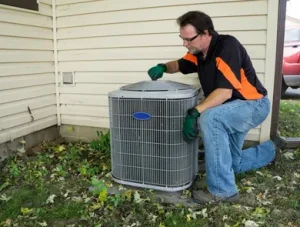
Your air conditioner evaporator coil becomes covered in condensation as it removes both heat and humidity from your home air. If this condensation did not have a place to go, it would drip all over your HVAC system and your home, gradually creating water damage. For this reason, this condensation instead drips into a special pan called a condensate drain pan.
The water this drain pan collects then flows into a vertical pipe called a drain line that runs from your indoor AC component to an outdoor drain. Typically, the drain line encourages water to exit your home with the simple force of gravity. However, in some instances, condensate drain lines have pumps that help move condensate water out of the home more effectively than gravity alone can.
What Are Some Common Drain Line Problems?
While condensate drain lines are relatively simple devices, they can develop several problems that can potentially damage your HVAC system or your home.
Clogs
A condensate line can develop a clog when dust and debris that build up on the evaporator coil make their way into the line or mold grows inside of the line.
A common sign of a condensate drain line clog is a condensate pan that begins dripping water around your AC unit. However, if your AC has a special inline safety float switch designed to protect it from the water damage that a clogged drain line can cause, it can instead fail to turn on when water inside of the drain pan reaches a dangerously high level.
Turn your air conditioning system off at the first sign of a condensate line clog. Contact an HVAC expert who can unclog the line to restore proper AC function again.
Mold Growth
Mold growth in your condensate drain pan and line can releases pores into your home air that pose a danger to your family’s health. For this reason, take steps to keep your condensate drain pan and line mold free. One sign of mold growth in your AC drain pan or line is the smell of must or mildew when your AC runs.
If you suspect that mold is growing in your drain line now, have an HVAC expert clean the line. Then, you can help prevent future mold growth by flushing your line with vinegar about once a month.
To flush your drain line, first locate the drain line access point and remove the line cap. Then, pour about 1/4-cup white vinegar into the line and allow to stand for about 30 minutes. Finally, rinse the line out with a little clean water.
Drain Pan Failure
Condensate drain pans made of metal can corrode, while pans made from plastic can develop cracks over time. When a pan develops holes or cracks, some water can leak out of the cracks and holes in the pan instead of flowing into the drain line. A sign that your drain pan may have damage is water under or around your indoor central air conditioner component.
The water that seeps out of the pan can potentially damage your AC unit, your connected furnace, or your home. Contact an HVAC expert if you suspect drain pan failure so that you can discuss your solutions for this problem, such as evaporator coil system replacement.
Watch out for these three drain line problems, and contact the HVAC experts at Triangle Heating & Cooling for all of your air conditioner maintenance and repair needs today.


